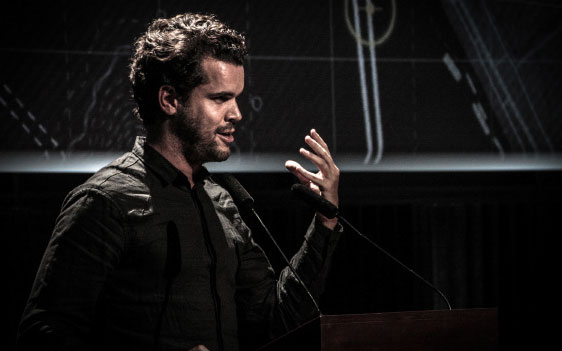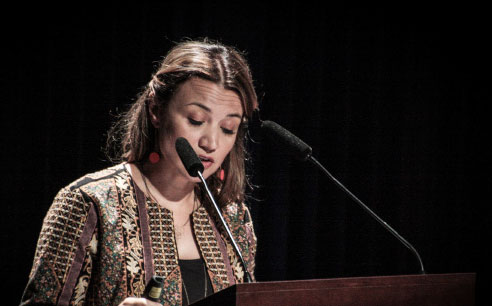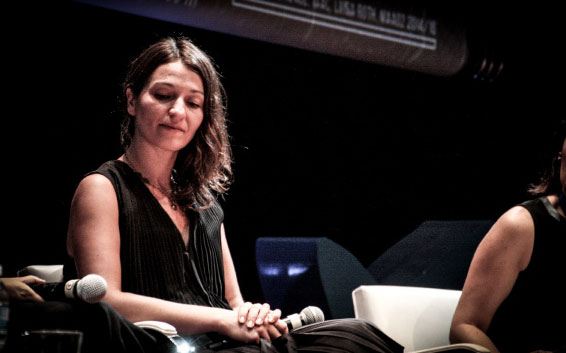
How to solve issue locally to influence the globality?
FabCities for global improvement
More than 200 years since the Industrial Revolution, global urbanisation keeps accelerating. United Nations projections indicate that 75% of the human population will be living in cities by 2050. We are losing livelihoods through both offshoring and automation, and this, in turn, leads to the demise of dynamic hubs of practical and cultural knowledge, where things are made. Extreme industrialisation and globalisation have turned cities into the most voracious consumers of materials.
We need to reimagine the cities and how they operate
The Fab City is an international initiative started by IAAC, MIT’s CBA, the Barcelona City Council and the Fab Foundation to develop locally productive and globally connected self-sufficient cities. The project comprises an international think tank of civic leaders, makers, urbanists and innovators working on changing the paradigm of the current industrial economy where the city operates on a linear model of importing products and producing waste, to a spiral innovation ecosystem in which materials flow inside cities and information on how things are made circulates globally.
Innovation to be shared
We need to reinvent our cities and their relationship to people and nature by relocalising production so that cities are generative rather than extractive, restorative rather than destructive. FabCity is a new urban model of transforming and shaping cities that shifts how they source and use materials from ‘Products In Trash Out’ (PITO) to ‘Data In Data Out’ (DIDO). This means that more production occurs inside the city, along with recycling materials and meeting local needs through local inventiveness. A city’s imports and exports would mostly be found in the form of data (information, knowledge, design, code). These data then is shared among the Fab Lab network that, going from inner Boston to rural India, in April 2016 counted 1000 labs all over the world. Fab Lab and makerspace based innovations could be a source for solutions to connect to real problems in cities, opening opportunities for businesses, research and education through projects. With its inherent zero waste and carbon reduction goals, linked to education, innovation, skills development and the creation of employment
opportunities and livelihoods through the relocalisation of manufacturing, the FAB City approach can contribute to achieving a range of city objectives.
by Thomas Diez*
*Urbanist specialised in digital fabrication and its implications in the future of cities and society, Tomás is one of the founders of Fab Lab Barcelona at the Institute for Advanced Architecture of Catalonia (IAAC). He is currently leading the Fab City Global initiative.



